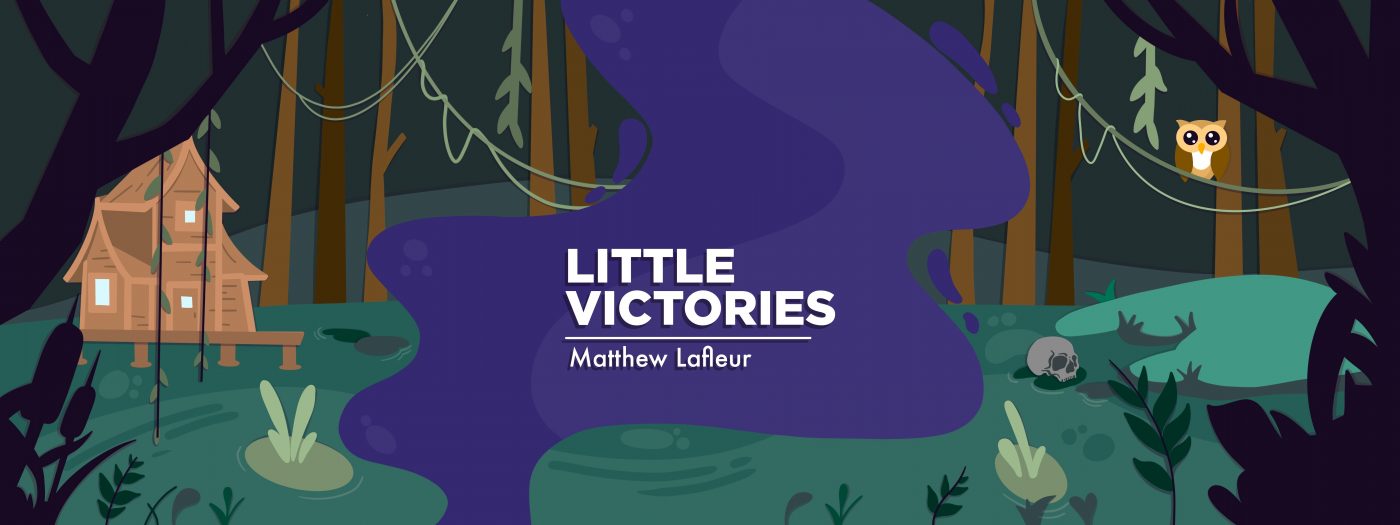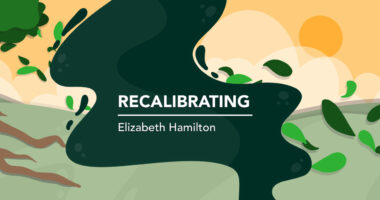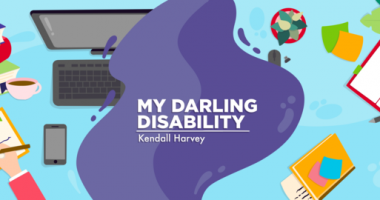The First Time Someone Called Me a ‘Cripple’

The importance of words may be obvious to most, but I am gradually learning that lesson. The first time the power and weight of words struck me was the first time I was referred to as a “cripple.”
Being called a cripple had such an impact on my life that I still remember it more than 20 years later.
It was a regular school day in 1996, and my fourth-grade class was playing kickball. As I waited for my turn “at bat,” a classmate tried to cut in front of me in line.
Although this classmate was one of the best athletes in my class and probably intended to help our team win the game, I wouldn’t let him cut.
When I refused to let him go ahead of me, he angrily turned and walked to the back of the line, but not before calling me a “cripple-walk.”
Fortunately for me, his name-calling was more surprising than hurtful. It would be almost another year before I would receive an official diagnosis of Friedreich’s ataxia. At that time, all I noticed was a decline in my athletic abilities; I couldn’t run as fast, catch as easily, throw as far, or kick a ball as hard as I used to.
Unfortunately for him, our fourth-grade teacher was within earshot, and she heard what he had said. She hurried over to us, her curly hair framing her face and emphasizing her wide eyes. She grabbed my classmate roughly by the shoulder.
“Oh, you are in big trouble,” she said as she escorted him away from the rest of the class.
Before I could process what had just happened, it was my turn to step up to the plate. The pitcher slowly rolled the ball to me. When the ball was close enough for me to kick, I felt that redemption was in the air. In the cinematic version of my life, I kicked the ball over everyone’s heads and won the game for my team. I never thought of myself as a cripple-walk again.
In reality, I missed the ball three separate times, so I struck out, and my team lost that game.
And maybe for the first time, I thought it was all my fault.
Maybe I should have let him cut in front of me.
I wondered for the first time about the word crippled. I didn’t think it was necessarily derogatory or insulting, just a word that didn’t describe me. It filled me with pangs of sympathy for people who couldn’t get around independently and who seemed incredibly unfortunate.
But that word didn’t define me. Did it?
Until then, I’d assumed that losing my athletic ability was an unfortunate but normal part of growing up. I thought my clumsiness in sports and walking was because of the awkward growth spurts of puberty. After all, I figured, not everyone who plays sports grows up to be a professional athlete.
But then I was called cripple-walk, and I realized my private insecurities were public.
Other people see it, too.
***
A little over two decades have passed since that day. I like to think I’ve matured some. Also, my disorder has greatly progressed since then. Maybe those two things are connected. Maybe I’ve grown into life with a disability.
I believe the reason I remember that incident so clearly is because I realized that my physical limitations were not only visible to me. My disabilities would become more prevalent over time, so it was up to me to define myself.
I didn’t yet know the concept of a self-fulfilling prophecy, but I knew the importance of self-talk — the words we use to define ourselves. These words have massive implications for our well-being.
If the only words we use to describe ourselves are objectively negative and place us in a victim mindset, we are likely to become self-loathing and nihilistic. Thus, I’m not a fan of any terms that imply victimhood, such as the word cripple.
Condemning ourselves to a life of victimhood is a tragedy. We aren’t defined by our flaws, a bad day, a weak performance, or a stupid decision.
We define ourselves every day by how we react to life. Other people do not define us.
Disabled people are more than our disabilities.
More than two decades later, I still hear my classmate’s taunts and the birth of my insecurity. Before I become upset, I remember that I define myself. I will not see myself as a victim.
I am more than a cripple-walk.
***
Friedreich’s Ataxia News is strictly a news and information website about the disease. It does not provide medical advice, diagnosis or treatment. This content is not intended to be a substitute for professional medical advice, diagnosis, or treatment. Always seek the advice of your physician or another qualified health provider with any questions you may have regarding a medical condition. Never disregard professional medical advice or delay in seeking it because of something you have read on this website.The opinions expressed in this column are not those of Friedreich’s Ataxia News or its parent company, BioNews, and are intended to spark discussion about issues pertaining to Friedreich’s ataxia.







Comments
Connie
I was called a gimp behind my back by a boy I liked. another girl told me And I was crushed it still hurts when I think about it. I had polio as a child and walk with a lamp so I get it.I absolutely get it.I've dealt with Others staring and People asking me if I had had polio period I never wanted to be a victim either And I became a social worker to help others But I will always remember the terminology gimp.And I hate it